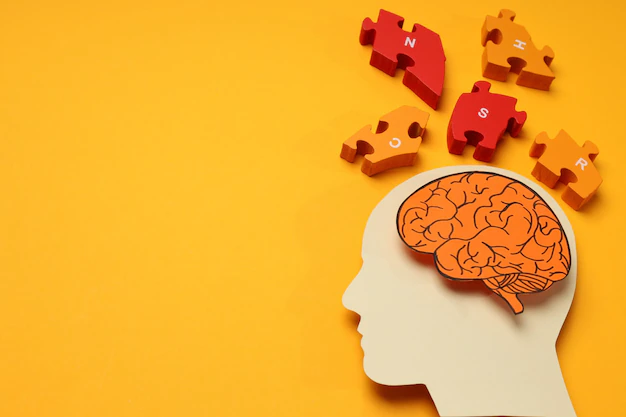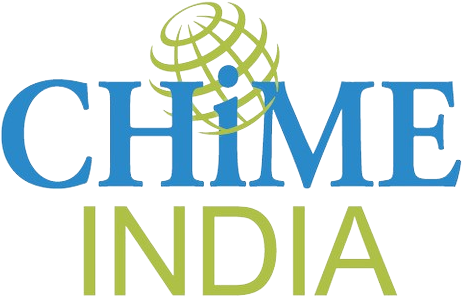Written by : Nikita Saha
January 5, 2024

MIT researchers conducted a pioneering experimental study with the Focused Ultrasound tool on three patients. In early clinical trials, results showed that the brain areas targeted by the tool enhanced the removal of Alzheimer’s trademark brain-clogging plaque.
Researchers from the Massachusetts Institute of Technology (MIT) have developed a new way to get Alzheimer’s drugs into the brain faster with the help of a new ultrasound tool called Focused Ultrasound.
One of the main challenges in treating brain diseases such as Alzheimer’s is the blood-brain barrier, a protective layer that prevents potentially harmful substances, including many medications, from entering the brain.
Focused Ultrasound can temporarily open this barrier, allowing Alzheimer’s drugs to reach the brain more effectively. It works by focusing beams of ultrasonic energy accurately on targets, deep in the brain without damaging surrounding normal tissue.
In combination with microbubbles, Focused Ultrasound can safely open the blood-brain barrier and enable enhanced delivery of anti-amyloid antibodies to the brain. Studies suggest that this method can reduce the number of plaques and improve cognition in Alzheimer’s disease models.
However, this technology is still in the research phase, but it shows great promise for improving the effectiveness of Alzheimer’s treatments.
MIT researchers conducted a pioneering experimental study with the Focused Ultrasound tool on three patients. In early clinical trials, results showed that the brain areas targeted by the tool enhanced the removal of Alzheimer’s trademark brain-clogging plaque.
“Our goal is to give patients a head start, by boosting some new Alzheimer’s treatments that take a long time to work’’, Dr Ali Rezai, research lead, Rockefeller Neuroscience Institute, West Virginia University stated.
The procedure is designed to deliver drugs that will try to destroy any disease cells left behind after surgery. The promising results of the study reflect that this technique could revolutionise the treatment of brain cancers and neurodegenerative diseases. However, more research is needed to confirm these findings and to understand the long-term effects of this technique.
The brain has a protective layer known as the blood-brain barrier. This layer prevents harmful substances from entering the brain, but it also blocks many medications. This is a significant challenge for diseases such as Alzheimer’s, where the medication needs to reach the brain to be effective.
The new tool addresses this issue by using sound waves to temporarily open the blood-brain barrier, allowing medications to enter the brain more easily. This could enhance the effectiveness of treatments for Alzheimer’s and other brain diseases.
Alzheimer’s disease is a neurological condition that affects the brain. It causes a gradual decline in cognitive functions, including memory, thinking, and behaviour. Over time, this leads to difficulties in performing everyday tasks.
The disease is characterised by the formation of abnormal clumps known as amyloid plaques and tangled bundles of fibres, or tau tangles, in the brain. These changes disrupt the normal functioning of the brain and lead to the symptoms associated with Alzheimer’s disease.
Alzheimer’s disease is a specific brain disease that causes Dementia. Reports show that more than 55 million people had Dementia worldwide in 2023, and Alzheimer’s disease may contribute to 60–70% of these cases. This means approximately 33 to 38.5 million people worldwide were living with Alzheimer’s disease in 2023.
Moreover, the number of people with Alzheimer’s disease is expected to increase significantly. The report from 2022 shows that Alzheimer’s disease may increase by 51.72% in about three decades.
While in India, the prevalence of dementia is 7.4% among adults over the age of 60, which means about 8.8 million Indians were living with dementia in 2023.
Last month, Indiana University researchers developed new brain network modelling tools to advance Alzheimer’s disease research. The novel tools provide a translational approach to assess Alzheimer’s disease progression in animal models and bolster the consortium’s rigorous animal model development and preclinical drug testing pipelines developed to study and treat the disease.
The College of Healthcare Information Management Executives (CHIME) is an executive organization dedicated to serving senior digital health leaders. CHIME includes more than 5,000 members in 56 countries and two US territories and partners with over 150 healthcare IT businesses and professional services firms. CHIME enables its members and business partners to collaborate, exchange ideas, develop professionally and advocate the effective use of information management to improve the health and care throughout the communities they serve. CHIME's members are chief information officers (CIOs), chief medical information officers (CMIOs), chief nursing information officers (CNIOs), chief innovation officers (CIOs), chief digital officers (CDOs), and other senior healthcare leaders. The CHIME India Chapter became the first international chapter outside North America in 2016 and is now a community of over 70+ members in India. For more information, please visit www.chimecentral.org
